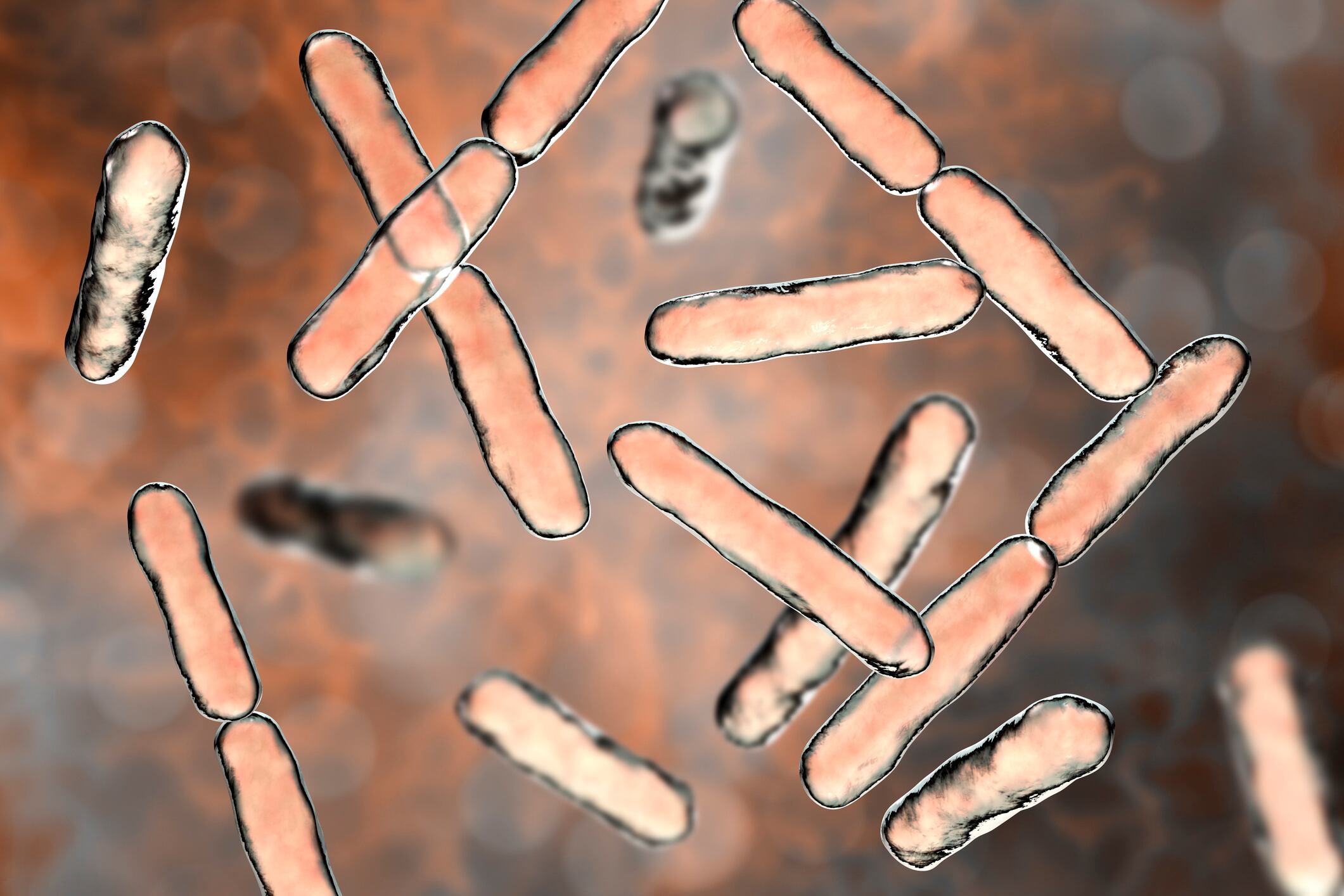As reported by NutraIngredients-USA, the International Probiotics Association introduced a proposal at the 39th session of the of the CCNFSDU (Codex Committee on Nutrition and Foods for Special Dietary Uses) meeting in Berlin on December 6th, 2017 towards harmonizing probiotic guidelines for use in foods and dietary supplements.
Argentina committed to leading the work and subsequently prepared a discussion paper. During the recent meeting – which took place in Berlin on November 26, 2018 – multiple delegations voiced their support, and noted that, “harmonized global guidelines would benefit the Codex community in light of the significant increase in global trade of probiotics for use in foods in foods and dietary supplements in recent years and would assist national authorities in evaluating foods/supplements containing probiotics”.
Argentina’s document was described as lacking “clarity”, but the committee agreed that the country can, “redraft the discussion paper for consideration at its next session elaborating further on the sections on scope, definition as well as health and trade concerns in particular”.
This means the initiative stays on the agenda for the committee, and this is an important point, said George Paraskevakos, IPA’s executive director, given the excessive workload of the nutrition committee and the need to prioritize the demands.
If the redrafted document is acceptable then work on the guidelines would start in earnest, he said.
‘A definition with minimum characterization requirements’

In comments to the committee, IPA expressed its thanks to Argentina for its initiative, and noted it supports, “starting new work to establish a definition with minimum characterization requirements as well as quality and labelling parameters for probiotics for use as an ingredient in food and dietary supplements on aspects not framed by existing Codex standards.
“Probiotics are live microorganisms increasingly used in a wide variety of food applications. The term “probiotics” is used more and more in several different products, with little adherence to the commonly referenced FAO/WHO definition. In addition to that, there seems to exist confusion between the identification of probiotics (factual nature/ what probiotics are) and the specific benefits of probiotics (what probiotics do),” the IPA commented.
“Considering this, the development of harmonized guidelines could be used by the different countries as a reference for minimal criteria for probiotics and will undoubtedly ensure and sustain the quality of probiotic products and facilitate international trade and enable fair and transparent practices.”
Concerns
Delegations from stakeholders such as the European Commission and the Russian Federation said they were not in favor of the work, with the following views or concerns expressed:
“There was no perceived need for such work; This work may not have the priority taking into account the current heavy workload of the Committee; The paper needed to be revised to provide more clarity especially on the scope of the work; Collection of information and data from Members should be first conducted to identify a globally applicable definition of probiotics; and Infant foods should be excluded since safety was of concern due to a limited number of studies.”
The Council for Responsible Nutrition (CRN) and the International Alliance of Dietary/Food Supplement Associations (IADSA) submitted comments against the initiative.
Speaking with NutraIngredients-USA, James Griffiths, PhD, CRN’s VP of Scientific & International Affairs, said that the association’s concerns stemmed from the precedent set to microsegment the food category, and that many of the issues, such as contamination, claims, and hygiene, are already covered by other CODEX measures.
Since the meeting and the committee’s decision to keep harmonization of probiotic guidelines on the agenda, Dr Griffiths said that CRN had modified its stance and is willing to work with IPA and other stakeholders on a unified position.
“Between the two associations, our shared and non-shared members, there is real interest in moving forward correctly, to achieve guidelines that all stakeholders are comfortable with,” said Dr Griffiths.




